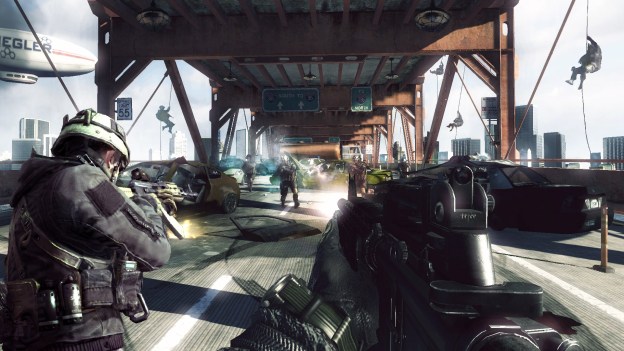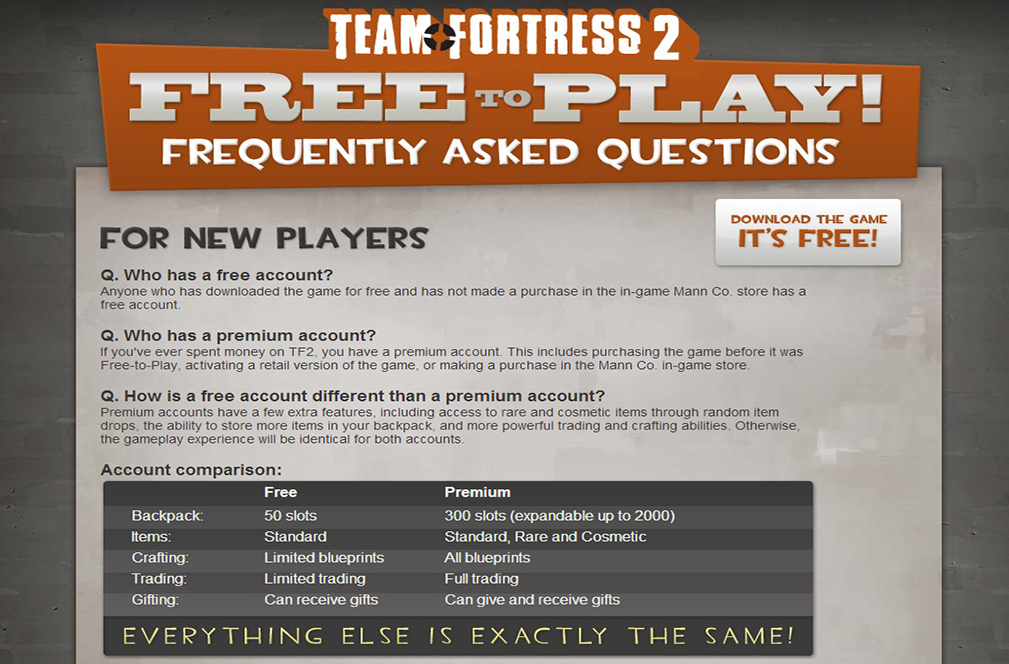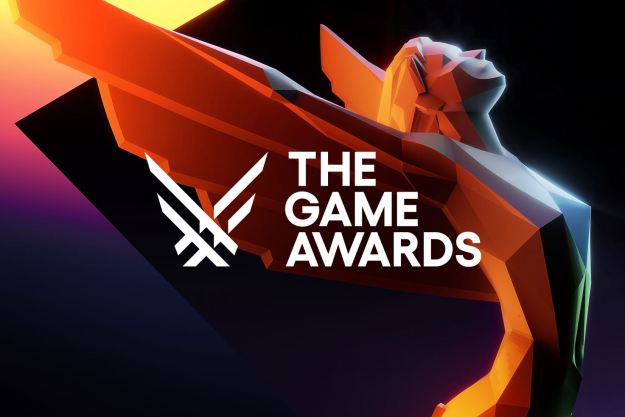
Agree? Disagree? Sound off in the comments below, and for the “con” side of the argument, check out “Why Free-to-Play is a fad.”
Free-to-play games may not overtake the standard model of retail gaming, but it is the future of gaming – not the only future, or even the dominant one, but the future nonetheless. Soon there won’t be a major publisher on the planet that doesn’t offer a free-to-play game, just as many are now focusing time and money on mobile gaming. Unlike mobile – which is perhaps best viewed as a companion to retail games, or as an option for people that wouldn’t otherwise game – F2P is proving that it is more than just a business model, it is a new way to think about traditional gaming.
In America, the F2P craze is just beginning to catch on. You can argue that it began decades ago with freeware, but the current “free-to-play” model is a specific type of game that is powered by microtransactions. That style of game has been slowly expanding for a while now, but it’s really only within the last handful of years that the model stretched beyond just a few specific games and became its own sub-industry.
On the other hand, F2P is huge around the world. In China, where consoles are almost nonexistent and there are over 100 million online users, F2P games enjoy massive popularity. Call of Duty Online entered open beta earlier this year, bringing a massively multiplayer take on Activision’s hit franchise exclusively to the Chinese audience. Nintendo has a similar plan in motion for an MMO treatment of Monster Hunter.

South America is also a hotbed for online gaming as consoles struggle to saturate that market. Brazil services the 8th largest online population in the world, and F2P games receive much of the attention. This is partly due to an old law that puts a 120-percent tax on retail video games, treating them as gambling in the eyes of the law. Free-to-play games create a creative loophole that circumvents the outdated statute.
American, European, and Asian publishers know which way the wind is blowing: Retail games aren’t going away by any means, but the F2P model is more than just a gimmick. It is one of the pillars of the future of gaming. To top it all off, F2P virtually eliminates the need for piracy and used games, two things that publishers hate in nearly equal measure.
People like Free Stuff
The “free-to-play” classification is actually a misnomer. These games are free to play, but only technically, as they rely heavily on microtransactions. The publisher needs these to make money, and the gamers need them to get the most out of the game. It is annoying and even frustrating to play and lose to someone that simply paid some money for an in-game benefit but it really is just a matter of how you perceive these games.
People like free stuff, and publishers know that. Marketing campaigns push the “free” aspect over and over again, and you often hear that you can unlock the same or equivalent content through play that you can with money. This is usually true, but it’s unrealistic. If the difference between getting a cool weapon that makes the game more fun is either $1 or 100 hours of gaming, a dollar seems reasonable. A better way to think of F2P is “pay what you want.”
The free portion of many of these games often amounts to a robust demo that allows you to play for a long, long time before you commit to paying anything. In games like these you eventually have to pay up if you want to get the most out of the experience, but you still have the option to choose what you want to pay for and when.
Full retail releases are expensive. A new game will generally run you $60, often more when you count in things like DLC. If you buy a game like Call of Duty and also purchase all of its expansions, you are looking at a bill of around $120 (not counting discounts like season passes). That is fairly common, and really not even unreasonable compared to the time you get out of it and the market value of games.

For people that aren’t already into gaming, this is an expensive and steep fence to climb. Even the most dedicated gamers have to choose carefully before putting down any money. Whether you are on a budget or just not willing to commit $60-$100 on a game you may know nothing about, F2P exists and expands around the notion that there is an alternative.
A player can now play a game for hours and hours with no monetary investment. It’s easy and accessible. Even Facebook is starting to catch on, with more traditional gaming experiences like the first-person shooter Ballistic (which, incidentally, was developed in Brazil) offering an alternative to FarmVille and its ilk. If the right spark catches, the F2P audience could explode there.
The Next-Gen Holds the Key
While much of the world may already embrace F2P gaming via PC, console audiences haven’t seen as much of this model. That could change with the next generation of consoles due out this year. Xbox Live has over 40 million subscribers, many paying an annual fee, while the free PlayStation Network has roughly twice that. It is a massive market that F2P games have only scratched the surface of, with games like Dust 514 and Happy Wars.

The advent of downloadable content has led gamers to embrace new models and approaches on consoles. Indie downloadable releases like Journey and The Walking Dead were big hits both commercially and critically last year. Publishers like EA have also made sure to get gamers well acquainted with microtransactions and the virtual storefronts that support them. It would be surprising to see either Sony or Microsoft ignore this in the next-gen. Sony already has the popular Planetside 2; the PS4 could easily handle a port of the game.
Free-to-play is Here to Stay
It is unlikely that the F2P model is going to overtake the traditional model. Even if it does, that won’t mean the end of retail games. People still like interactive experiences with campaigns and stories, and those are much more difficult to monetize through microtransactions; plus, not everyone likes playing games online. The industry is changing though, and new avenues for games are being created that just weren’t possible even a few years ago. There is no going back now: free-to-play gaming will be one of the pillars of gaming in the years to come.
Editors' Recommendations
- If you love Amazon’s Fallout, play the series’ best games on Game Pass and PS Plus next
- We played tons of games at GDC 2024. Put these ones on your wish list
- Silent Hill 2 still doesn’t have a release date, but you can play a free spinoff game now
- VR gaming lost me in 2023, and then totally won me back
- PlayStation spent 2023 setting up dominoes. But will they fall in 2024?




